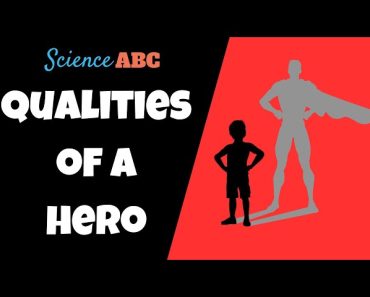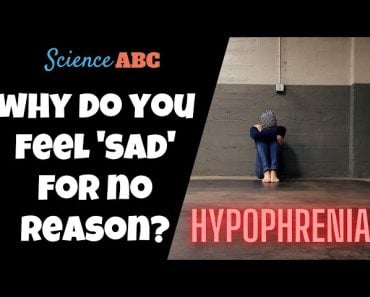Table of Contents (click to expand)
We tend to root for the underdog because we can more often relate to them. Other reasons for this preference are based on factors of justice, utilitarianism and schadenfreude.
We all love Harry Potter, right?
From the moment he was born, this obedient kid lived in the cupboard under the stairs, and was constantly bullied by the Dursleys. Well, fortunately, he soon entered the magical world of Hogwarts, and his life would never be the same.
However, even at Hogwarts, he was always at a disadvantage, always the underdog. He was around students who had been raised by wizards and knew much more about magic than he did. Nonetheless, he tackled all the challenges (and the evil Voldemort) with passion, determination and courage.

So what makes us love this underdog character?
In fact, stories about underdogs are everywhere—business, sports, literature…. you name it! Big brands like Apple and Google were started in garages, while many great athletes, such as LeBron James, Usain Bolt, Neymar, and so many more came from humble beginnings. We rejoiced in the tiny shepherd David’s victory over the much larger Goliath, watched Frodo, the hobbit, save the world in The Lord of the Rings, and while reading The Alchemist, we rooted for Santiago to find his treasure.
In a world where strength is celebrated and weakness is looked down upon, why do we so often end up rooting for the weak, disadvantaged underdog?
Recommended Video for you:
Why Do We Root For The Underdog?
One of the reasons we root for the underdog is that it simply makes the fight more exciting. There is no fun in a one-sided, predictable game. What we really want is a cutthroat battle between players fighting neck and neck and giving us a contest full of gasps and sighs before ending with an unexpected twist. We count on the underdog to be resilient and make an exciting comeback in the end.
There are also a few other reasons why we like the underdog so much…
We Relate To The Underdog
A key reason why we support underdogs is because, in many ways, we are very much like them.
Everyone likes to win at life, but as much as we would like to confront all our challenges with ample resources, and emerge victorious, we are not always that lucky. We have all experienced being at a disadvantage in some area, at some point in our lives, so we understand the struggle. We know how it feels to have all the odds stacked against us, while most others may seem to be getting it easy. Moreover, there is always a part of us that believes we are more passionate and resilient than those who have an inherent advantage.
In short, we root for the underdog because we can relate to them. We identify with their struggle, their passion and their resolve to push forward, despite being in a disadvantaged position.
Furthermore, watching the underdog persist through difficult times and succeed gives us the reassurance that we can make our mark on the world too!
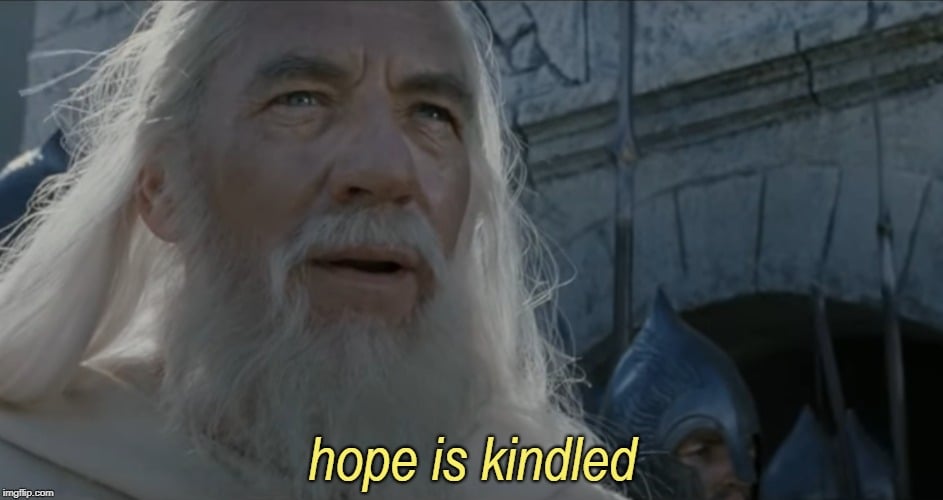
Justice-based Motivation
We believe that the world ought to be a just place, but it isn’t, which evokes a deep concern about justice and fairness within us.
When we see the history of two teams, we might notice that the top dog has had far more victories than the underdog. Therefore, we might unknowingly introduce a parameter of fairness into our judgment, and conclude that things must have been unfair for the underdog. This is especially true if we see that they’re putting in just as much—or even more—effort than the top dog.
We support underdogs in an attempt to rectify the wrong done to them, and to make the world a ‘less unjust’ place to be in, at least in our minds.
Utilitarian-based Motivation
We are rational beings (well, mostly). We can get pretty cold and calculating, especially when it comes to our mind deciding which side to choose. This approach suggests that we root for the underdog after looking at a situation from a logical, utilitarian perspective. We weigh the costs and benefits of rooting for the underdog versus rooting for the top dog, and then decide that the former delivers a bigger emotional payoff than the latter.
What does this mean? Think of it this way:
We don’t have a lot of expectations from the underdog, so we won’t be too disheartened if they lose. However, if they win, the pleasant surprise would make us extremely happy. Thus, there’s not much to lose by being on the underdog’s side.
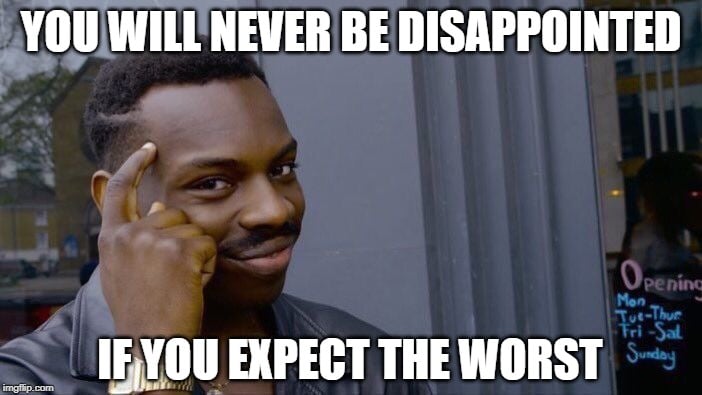
On the other hand, we put a lot at stake by supporting the top dog. When a top dog wins, it doesn’t thrill us nearly as much; it was expected of them anyway! However, if they happen to lose—perish the thought—their unexpected loss could leave us shattered.
Thus, rooting for the underdog costs very little, and comes with the possibility of vicarious emotional rewards.
Schadenfreude – The Bad Joy
What if we root for the underdog not because we want them to win, but instead because we want the top dog to lose?
Schadenfreude is an interesting (and rather dark) tendency of feeling good upon seeing others suffer. We are unknowingly envious of the high achievers—the “privileged ones”—and therefore take pleasure in watching them fall. Thus, we may not necessarily be empathizing with the underdog, but secretly aspiring to see a mighty player knocked off their pedestal. However, since taking pleasure in the misfortune of others is considered less acceptable in our society, we may be disguising our malice as support for the underdog.
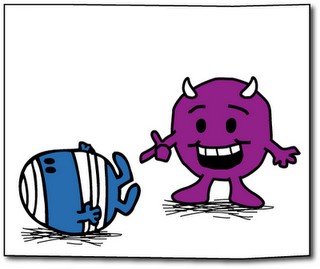
Regardless of whether we root for underdogs because of empathy or out of spite for the top dog, the truth remains—we love underdogs.
Meanwhile, if schadenfreude has you curious, we have just the right article for you— Check this out!
References (click to expand)
- Paharia, N., Keinan, A., Avery, J., & Schor, J. B. (2011, February 1). The Underdog Effect: The Marketing of Disadvantage and Determination through Brand Biography. Journal of Consumer Research. Oxford University Press (OUP).
- (2005) The Underdog Effect: Definition, Limitations, and Motivations .... The University of South Florida
- Vandello, J. A., Goldschmied, N. P., & Richards, D. A. R. (2007, December). The Appeal of the Underdog. Personality and Social Psychology Bulletin. SAGE Publications.
- Kim, J., Allison, S. T., Eylon, D., Goethals, G. R., Markus, M. J., Hindle, S. M., & McGuire, H. A. (2008, October). Rooting for (and Then Abandoning) the Underdog. Journal of Applied Social Psychology. Wiley.










